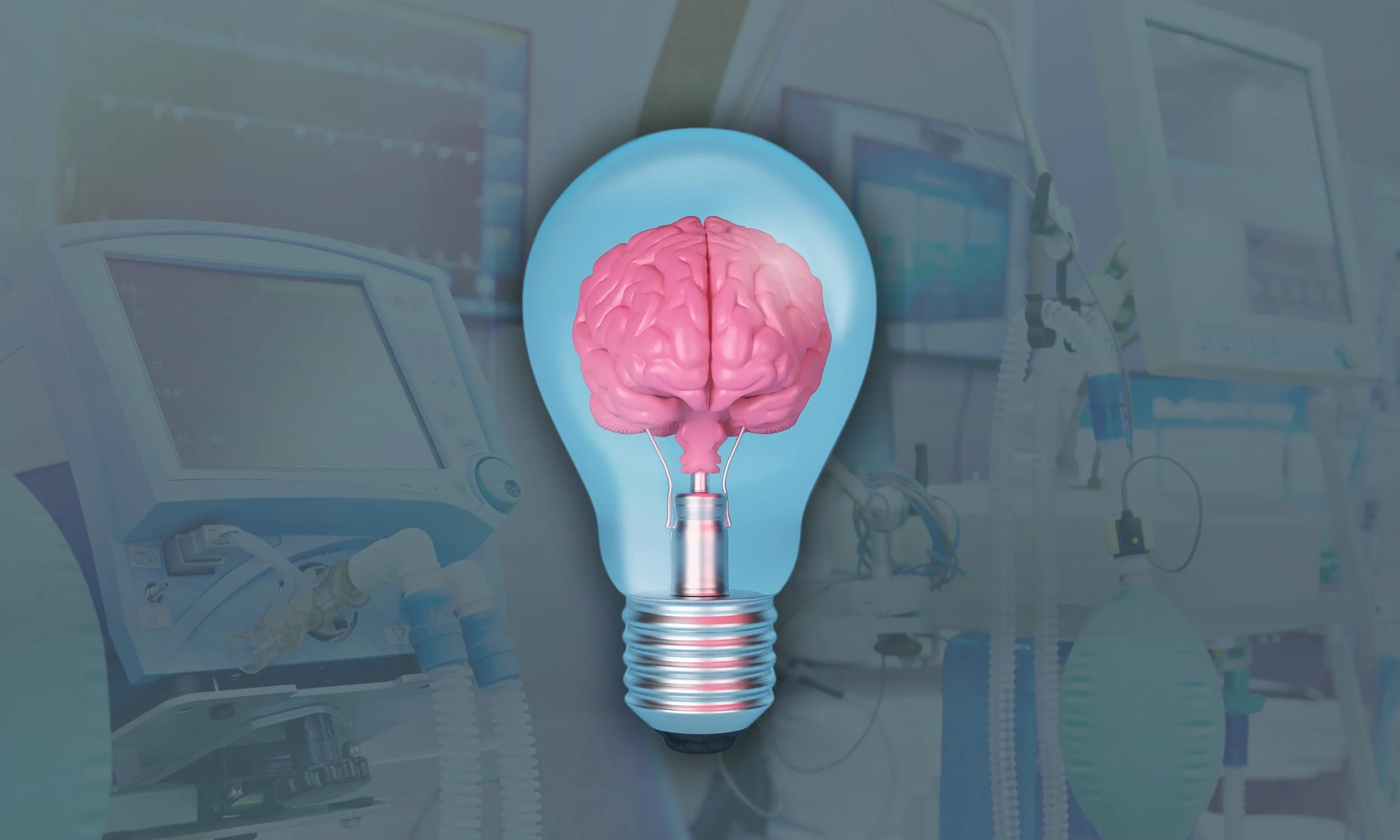Have you ever noticed that you are not your best self when you don’t get enough sleep? You may notice yourself being curt and impatient with others. You may even feel more sad, jumpy, or worried on days without adequate rest. On these days, it seems like our daily problems are insurmountable. However, when you finally do get a good night’s rest, you may notice a fresh perspective on life.
“It is a common experience that a problem difficult at night is resolved in the morning after the committee of sleep has worked on it.”
I believe that sleep is the foundation of our health. It’s often underrated in our “on the go” and “be productive at all costs” societal mentality. Accordingly, it often moves down the ladder of priority in comparison to other other items on our To Do lists.
“There is a time for many words, and there is also a time for sleep.”
But the truth is, the proper amount of sleep ends up making us more productive and effective in our lives. Physiologically, sleep even helps to boost your immune system and allows your brain to clean out waste material.
I’ve personally found the benefit of prioritizing my sleep and shared 12 sleep tips & hacks with you in a prior post. I now make sleep a priority in my life and want to take a moment to share six tools that I personally use. FYI I am not paid by any of these brands nor have I been given any of these items for free to use. I just love them and so can you by using my affiliate links!
1. Fitbit Versa 4. I love this watch because it allows me to keep track of my sleep, resting heart rate, steps, and exercise patterns. It even has a “Sleep Score” software to rate my sleep from 0-100; the highest I’ve achieved so far is a 91. Knowing how well I’m sleeping in a particular week or what’s happening to my resting pulse allows me to make the needed changes for health. For example, if my sleep quality has been poor for the past few days, then I can set reminders to sleep earlier and avoid technological distractions in the evening. If my resting pulse is high, then I may have some underlying stress in my body and/or an imbalance between my parasympathetic and sympathetic nervous system. Finally, as an ER doctor, I’ve seen patients who have their Fitbit on and when they come in with palpitations, like atrial fibrillation, I can look at their data and find out what time it started. I highly recommend this if you don’t have a Fitbit or other fitness tracker, to give it a try.
2. Ultra Pain Relief Cooling Pillow I came across this unusual shaped pillow and it’s been a tremendous aid for me to help reduce neck tension and shoulder pain. I am a side sleeper and this pillow contours exactly to the perfect height for me.
3. Contoured Eye mask. When I used to work a lot of night shifts in the ER, I’d have to sleep during the daytime to recover. Unfortunately, even with blackout curtains, the room wouldn't get quite dark enough. So I started using eye masks for day sleep and it worked! I was able to trick my brain into thinking it was nighttime and I was able to get extended periods of sleep. Even though I don’t do a lot of overnight shifts these days, I still use the eye mask for sleep. It seems that I’ve conditioned myself to fall asleep rapidly after putting on these eye masks.
4. Hearos Earplugs. Some people need background noise to fall asleep, but I need complete silence. The sound of the air conditioner or refrigerator hum is bothersome to me. Before I fall asleep, I roll these plugs into a torpedo and place them gently into my ear canal. It gets very quiet. Of course, there is a small amount of noise coming through, so I can still awake to hear my baby crying, but it does a solid job at most noises. On a side note, I carry the earplugs around for concerts, movies, and other activities where I know it’s going to be loud to offer my cochlea an extra cushion of protection.
5. Magnesium Threonate. This form of magnesium has the highest ability to pass through the blood brain barrier and enter the central nervous system (shown in the mice model). It also helps my muscles relax quite a bit. I don’t take as much as the recommended dose on the bottle and only use it prior to sleep at night on those nights when I’m feeling more amped up than usual.
6. The Tuft & Needle Mattress. I’ve tried several mattresses, and for me, this is THE ONE. It has the perfect amount of softness and pressure for my body. It is firm and durable. I’ve actually had my first one for over five years now and it’s still in great shape. The easy thing about this mattress is that it gets shipped directly to my home in a box. Furthermore, Tuft & Needle has a 100-night trial period to return if you don’t love it.
“You should always be willing to invest in your mattresses and shoes because you’re going to be spending a lot of time in both. ”
7. Headspace Meditation App. This app is great for learning meditation, but one aspect that I’ve seriously appreciated is the SLEEP section. It has soothing nighttime stories, sleep casts, breathing exercises, guided meditations, and much more. It’s like taking a sleeping pill, but in audio form with no side effects!
8. Breathing 4-8. Our breath is one of the most powerful tools available to us at any moment and it’s free. It’s one of the few autonomic processes that we can actually control in our body. Your breathing will happen regardless of whether you are paying attention to it or not, but you can leverage your control of it to help relax and release mental tension. In general, when you make your exhalation longer than the inhalation, this will activate the parasympathetic nervous system (rest, relax, and digest). So prior to sleeping and in bed, you can breathe in for 4 seconds, then exhale for 8 seconds. Do this 10 times and you may find that you gradually fall asleep quite easily. Of note, if you have trouble with this, you can also adjust this to 3 - 6 breathing.
So those are my tools for a better night’s sleep and I hope it helps you have a good nights rest! Now go catch some zzz’s.
Reset Ketamine is a participant in the Amazon Services LLC Associates Program, an affiliate advertising program designed to provide a means for sites to earn advertising fees by advertising and linking to amazon.com

![My 8 Favorite Sleep Tools [UPDATED]](https://images.squarespace-cdn.com/content/v1/5a8dfbc1cf81e0fb77ead442/1594624024115-HA90TBUCS8I2J1DNZCSL/selective-focus-photography-of-sleeping-monkey-on-branch-1636016.jpg)











Is ketamine therapy no longer helping like it used to? Learn why treatment plateaus happen—and how to get back on track with your healing journey.